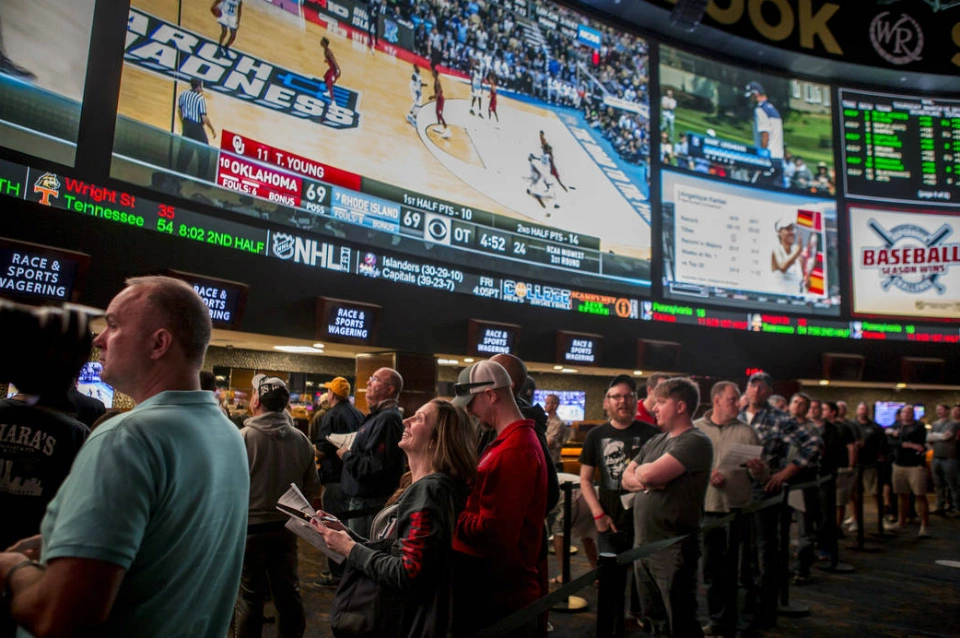 A few days ago, the House of Massachusetts approved with an overwhelming majority a proposed piece of legislation seeking to make sports betting legal in the state. The matter of whether to give the green light to bets on college sports appeared as a major obstacle between the local House and the Senate.
A few days ago, the House of Massachusetts approved with an overwhelming majority a proposed piece of legislation seeking to make sports betting legal in the state. The matter of whether to give the green light to bets on college sports appeared as a major obstacle between the local House and the Senate.
Last week, the Massachusetts House voted 156 to 3 in favor of the sports betting bill, with the proposed piece of legislation getting bipartisan support, which some analysts described as “long overdue”. According to some experts, the House vote would send a signal to the state’s Senate, which has shown less enthusiasm about legalizing the new form of gambling.
Some proponents of the proposed bill have highlighted the fact that for years, Massachusetts’ residents who live in close proximity to the state border with New Hampshire could simply travel to the neighboring state and place a bet. By legalizing sports betting, such gamblers would be able to place wagers without passing the state borer, with the money pretty much staying within the state rather than being siphoned in other state’s gambling sectors.
The proposed House bill would not only make sports betting legal in the state but will also put it under the regulation of the local Gaming Commission. Under the provisions of the proposed piece of legislation, all punters will be required to be at least 21 years old and to be physically present within the borders of Massachusetts in order to place bets. Furthermore, some consumer safeguards similar to the ones adopted by local casinos during the previous expansion of the legal gambling market of the state are set to be set in order for local punters to be protected against problem gambling.
Local Voters Already Place Bets of Collegiate Sports by Traveling to Nearby States
 Massachusetts legislators have been considering whether to add sports betting to the legal gambling market of the state since in May 2018 the US Supreme Court ruled in favor of the new form of gambling and put the nationwide ban on the practice to an end.
Massachusetts legislators have been considering whether to add sports betting to the legal gambling market of the state since in May 2018 the US Supreme Court ruled in favor of the new form of gambling and put the nationwide ban on the practice to an end.
At the time of the House vote, Representative Jerald Parisella, Chair of the Committee on Economic Development, shared that many Massachusetts residents are already placing sports wagers as they drive up to Rhode Island or New Hampshire where the new form of gambling is already legal. According to him, the only way for local authorities to prevent more money from siphoning to neighboring states’ gambling services is to make sports betting legal in Massachusetts.
On the other hand, a large number of states have already made betting on sports legal, while illicit gambling is still attracting bettors in the state of Massachusetts.
In case sports betting is made legal in the state, a number of venues, including Plainridge Park Casino, Encore Boston Harbor and MGM Springfield would be awarded licenses to take bets at their premises as long as the rules and requirements of the Massachusetts Gaming Commission are met. The aforementioned venues would e permitted to feature from 1 to 3 mobile sports betting platforms, depending on each facility. Mobile-only sports betting companies would also be able to seek permits for the new form of gambling, with every operating license with $5 million.
The sports betting revenue accumulated from in-person wagers will be subject to a 12.5% tax, while sports betting revenue from mobile wagers will be taxed at a 15% rate.